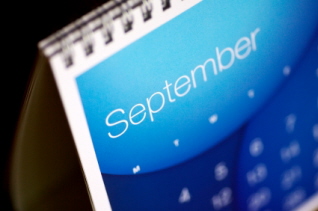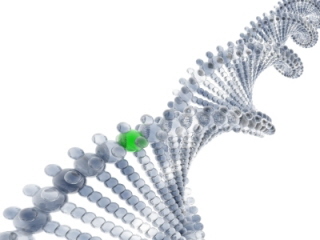The footnote Maven created an ‘angelic’ collage of genealogy bloggers at “A Choice of GeneaAngels.” I was graciously included in the collage. Can you find me without looking at the list? Sure would be fun to hear us all sing together, wouldn’t it?
On a related note, the footnote Maven also started a Blog Caroling meme where we post the lyrics from our favorite Christmas carol. Since my favorite song was already taken, I thought I’d go with my second favorite. In high school my French teacher would have us sing Christmas carols in French and one of my favorites was the following:
Bring A Torch, Jeannette, Isabella:
English Bring a torch, Jeanette, Isabella! Bring a torch, to Bethlehem come! Christ is born. Tell the folk of the village Mary has laid him in a manger. Ah!* Ah! beautiful is the Mother! Ah! Ah! beautiful is her child! It is wrong when the Baby is sleeping, It is wrong to speak so loud. Silence, now as you gather around, Lest your noise should waken Jesus. Hush! Hush! see how the Baby slumbers; Hush! Hush! see how the Baby sleeps! Softly now unto the stable, Softly for a moment come! Look and see how charming is Jesus, Look at him there, His cheeks are rosy! Hush! Hush! see how the Child is sleeping; Hush! Hush! see how he smiles in dreams! French Un flambeau, Jeanette, Isabelle — Un flambeau! Courons au berceau! C’est Jésus, bons gens du hameau. Le Christ est né; Marie appelle! Ah! Ah! Ah! Que la Mère est belle, Ah! Ah! Ah! Que l’Enfant est beau! C’est un tort, quand l’Enfant sommeille, C’est un tort de crier si fort. Taisez-vous, l’un et l’autre, d’abord! Au moindre bruit, Jésus s’éveille. Chut! chut! chut! Il dort à merveille, Chut! chut! chut! Voyez comme il dort! Doucement, dans l’étable close, Doucement, venez un moment! Approchez! Que Jésus est charmant! Comme il est blanc! Comme il est rose!According to Wikipedia, the song was first published in 1553 in France and is unique among Christmas carols in that it is in 3/8 time (the fast pace is one reason I enjoy the song so much).
 Genealogists spend many of their days (and much of their money!) tracking the history of their ancestors. They hunt through ancient records to elucidate even the smallest clue as to some facet of their ancestors’ lives. Since the majority of genetic genealogists started their journey as traditional genealogists, it is only natural that they enjoy record-keeping and tracking as well.
Genealogists spend many of their days (and much of their money!) tracking the history of their ancestors. They hunt through ancient records to elucidate even the smallest clue as to some facet of their ancestors’ lives. Since the majority of genetic genealogists started their journey as traditional genealogists, it is only natural that they enjoy record-keeping and tracking as well.


